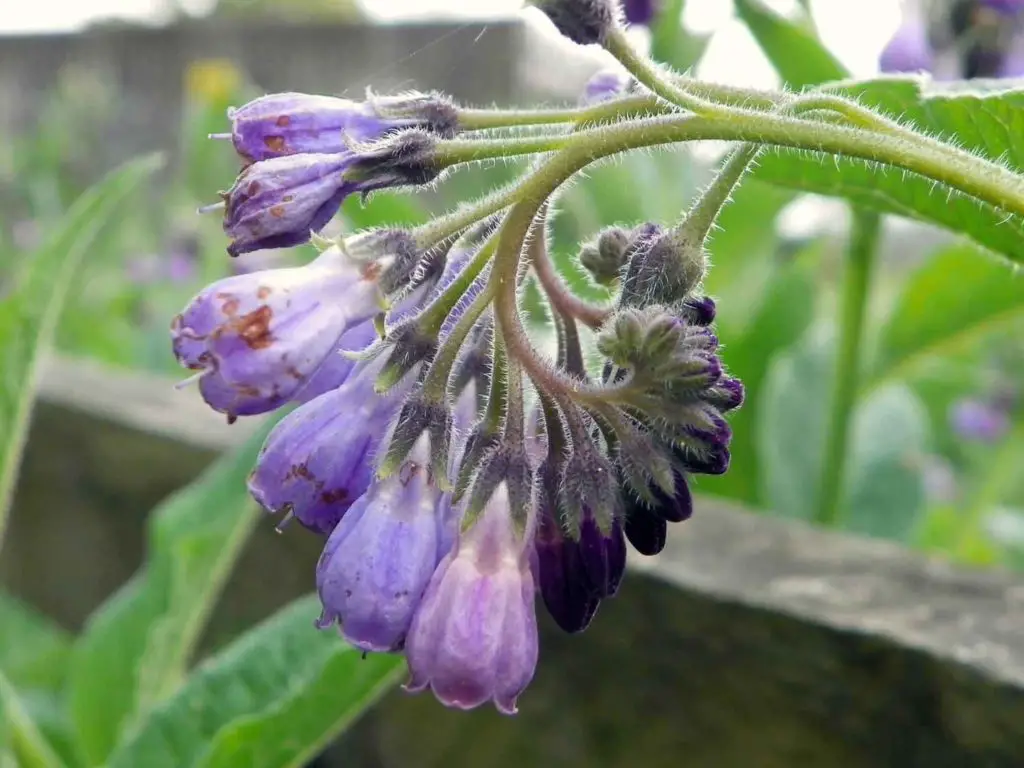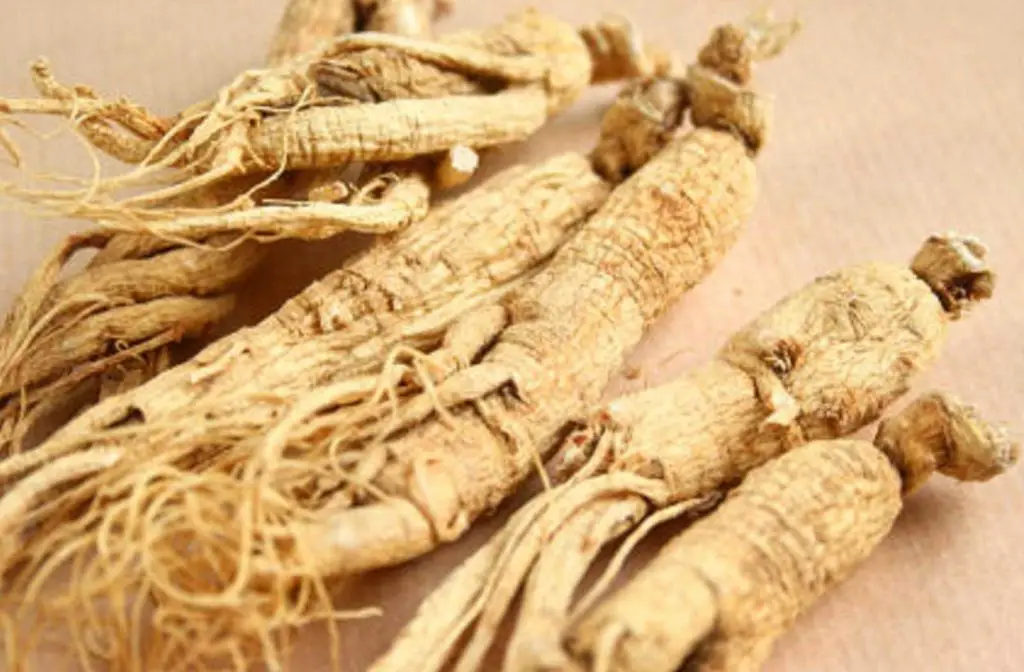What is Fucoidan?
Fucoidan refers to a type of polysaccharide, characterized by significant amounts of l-fucose and sulfate ester groups, which is typically found within brown seaweed and some other marine invertebrates (such as sea cucumber). Brown algae variants that contain fucoidan include kombu, bladderwrack, hijiki, wakame, limmoui, and mozuku, to name a few. The substance was initially discovered as a constituent of marine brown algae in 1913, when Swedish botanist Harald Kylin was first able to isolate fucoidan from seaweed. The types of brown seaweeds containing fucoidan are commonly found in East Asia, and are consumed regularly as a staple of the normal diet in Japan, China, and Korea. Though they possess similar properties, these seaweeds can differ greatly in appearance. For example, bladderwrack is actually a muddy green color, with long, strap-like fronds that tend to drape over intertidal stones and rocks. Conversely, kombu (the “King Seaweed”) is comprised of long, thin strips of dark kelp, greenish when dried and very commonly used to make Dashi broth in Japanese cuisine.

Over the past half a century or so, there has been much interest in the immunologic, metabolic, and anti-metastatic benefits fucoidan may have on the human body. Fucoidan is an AMPK Activator which regulates cellular energy homeostasis. It’s also rich in calcium, iodine, zinc, iron, vitamin A, and selenium, and is touted by some to be a “miracle” supplement. In fact, since 1970 fucoidan has been researched and cited in approximately 1,400 studies published by the United States National Library of Medicine.
Fucoidan Benefits and Uses
Fucoidan has been the subject of several recent studies, particularly in relationship to its anti-tumor and anti-metastatic activities, which are known to directly inhibit the growth and proliferation of cancer cells. Further, fucoidan is believed to demonstrate numerous other health benefits, including increased immune defense functionality and possible obesity prevention.
Lung Cancer
Laboratory evidence has demonstrated fucoidan to be effective in the treatment of various types of cancers, including lung cancer/carcinoma and breast cancer. A recent study at Gyeongsang National University determined that the algae-based polysaccharide has an anti-metastatic mechanism (with metastasis referring to the pathogenic spread of a cancerous tumor), meaning fucoidan has the capability to inhibit the growth and spread of cancerous cells. Specifically, fucoidan was demonstrated to have an anti-metastatic effect on A549 lung cancer cells at a concentration of 400 µg/ml. The study was conducted using the Western Blot technique, which separates and identifies proteins based on molecular weight and gel electrophoresis. While many clinical trials testing the anti-cancer and anti-tumor capabilities of fucoidan have been conducted with laboratory rats and mice, this particular study is a direct indicator that fucoidan inhibits the metastatic invasion of lung cancer cells in humans.
Lymphoma
Based on clinical trials and laboratory research presented at the AACR Dead Sea International Conference on Advances in Cancer Research in 2010, researchers believe there is promise that fucoidan may come forth as an effective lymphoma treatment within the next several years. The major sulfated polysaccharide has been demonstrated to inhibit the growth of malignant DLBCL lymphatic cell lines, while leaving healthy cells functional and intact. Further, a 2015 clinical study published by the Acta Biochimica et Biophysica Sinica (ABBS) journal of biochemistry and cell biology found that fucoidan treatment halted G0/G1 cell cycles, meaning tumor cells were prevented from dividing, reproducing, and proliferating in diffuse large B-cell lymphoma. This study was conducted in vitro and in vivo, utilizing cell culture techniques, Western Blot analysis, cell cycle analysis, and tumor xenograft modeling.
Breast Cancer
Fucoidan’s anti-tumor functions are also visible in the treatment and/or prevention of breast cancer. In a recent (March 2012) study also published by the Public Library of Science, fucoidan was found to considerably decrease the number of functional malignant 4T1 cells (breast cancer cells) in laboratory mice, directly reducing the volumes and weights of existing tumors. The tests were performed both in vitro and in vivo. In another study published by the Japanese Journal of Cancer Research, powdered mekabu (one of the many brown seaweeds from which fucoidan can be extracted) had demonstrated to have an exceptionally strong preventative effect on mammary carcinogenesis in rats when consumed in daily drinking water.
Weight Loss
Fucoidan is effective in the prevention and/or treatment of obesity, and thus is likely to be useful towards generalized weight loss efforts. In a 2011 in-vitro study conducted in South Korea, fucoidan was found to aid in the stimulation of lipolysis, or the systematic breakdown of fats and lipids in treated cells. In a concentration of 200 μg/mL, fucoidan demonstrated high rates of lipid inhibition, particularly in relationship to hormone-sensitive lipase, which converts stored triglycerides into free fatty acids.
Hair
Fucoidan is known to promote the regeneration of hair cells even after cell damage or even stimulated hair cell death. In a study published by Hearing Research, three different types of transgenic zebrafish hair cell lines were allowed to fertilize and then were eliminated using neomycin. Subsequently the larvae were treated with low-molecular weight fucoidan, which stimulated the regeneration of hair cells (as well as their peripheral supporting cells) much faster than was seen in non-treated controls.
Diabetes
In a very recent study, conducted in April of 2017 for the Marine Drugs open access journal (which researches marine natural product chemistry), fucoidan demonstrated three significant mechanisms beneficial to the management of Type II Diabetes; at low molecular weights it can be antihyperglycemic, antihyperlipidemic, and hepatoprotective. Research was conducted on mice that exhibited high body weights and blood sugar levels due to an abnormality in their leptin receptors. In other words, they exhibited symptoms similar to those of diabetes in overweight humans. Results found that fucoidan extract implementation increased hepatic glycogen and antioxidative enzymes when combined with fucoxanthin (or Fx, a nutritional carotenoid also found in brown seaweed). Fucoidan actually outperformed Fx in terms of improving hepatic (liver) glucose metabolism. Studies such as these indicate that fucoidan can help prevent diabetic symptoms by lowering high blood glucose levels, stimulating improved function of insulin production, and boosting digestive function.
Candida
Fucoidan extracted from bladderwrack, a common type of seaweed found on the shores of the North Sea, the Baltic Sea, and the Atlantic and Pacific Oceans, has been found to inhibit the growth of malignant bacteria and viruses, including human cytomegalovirus and herpes simplex virus. In a study conducted at the Center of Excellence in Generative Medicine at the University of Bridgeport (Connecticut, USA), bladderwrack was also found to enhance cell adhesion in several strains of the pathogenic yeast Candida, thereby preventing the cells from reproducing and spreading.
Arthritis
Fucoidan has shown promising results when it comes to treating arthritis. In a 2015 study on rats that were induced with osteoarthritis, fucoidan showed considerable improvement at preventing the progression of osteoarthritis. Although encouraging the natural leap to human trials needs to be taken in order to further prove its use for arthritis.

Fucoidan Dosage
Safe dosages of fucoidan intake range from 100 mg to 4,000 mg twice a day. For arthritic and osteoarthritic patients, lower dosages may be more appropriate, whereas those using fucoidan as an immunologic adjuvant cancer treatment would gravitate towards the higher end of the dosage spectrum, depending on doctor advisory. In its liquid form, fucoidan is commercially available, though it is a rare find at most health food stores. It is much more readily available as a dietary supplement in pill form. Fucoidan is also in numerous edible seaweeds (usually dried), including kombu, hijiki, wakame, and Limu moui. However, it is estimated that roughly one kilogram of raw seaweed has about a gram of fucoidan altogether, so the amount of the substance in an edible form is not comparable to its concentration as a supplement. It is important to check for the term “standardized” on the nutritional facts label of fucoidan supplements. If the supplement is not standardized, the milligram amount of actual fucoidan provided in each capsule is likely to be inexact.
Fucoidan Side Effects, Safety, Dangers and Warnings
Side effects of fucoidan are dependent on the type of extract as well as the consumer. Those who are already taking blood-thinning medications, for example, may be more prone to symptoms like lightheadedness and bruising, given that most types of fucoidan have anticoagulant properties. On the other hand, a fucoidan extract from mozuku seaweed actually has a blood-thickening effect. Thus, it is important to research from which product the fucoidan is being extracted before consumption. Additionally, some fucoidan extracts contain xylose or mannose, which are monosaccharide sugars that can cause diarrhea.
Fucoidan possesses high amounts of iodine. Since the human body rapidly excretes excessive iodine, consumption of seaweed a few times a week or ingestion of fucoidan supplements at the recommended dosage should not present a problem. However, those with sensitivities to iodine or sodium should consult a doctor before starting any sort of health regimen based on seaweed or its extracts. Pregnant and lactating women should not exceed a supplemental dosage of 150 mcg of iodine a day. Individuals with hyperthyroidism should also be cautious, as most endocrinologists would advise against the consumption of high-iodine supplements in conjunction with this condition.
There is some correlation between soy, mushroom, and fucoidan allergies, so those who react negatively to these products should consult a physician before consuming large amounts of brown seaweed or fucoidan extracts.
Fucoidan with Active Hexose Correlated Compound (AHCC)
Active Hexose Correlated Compound (AHCC) refers to a nutritional supplement extracted from the mycelia of the shiitake, an edible mushroom native to East Asia. There are numerous health benefits attributed to the shiitake and its derivatives, including improved cardiovascular and immune function. In particular, the shiitake supplement AHCC is perhaps most notable and comparable to fucoidan in that it can be of significant benefit to cancer patients. In a study published by the Asian Pacific Journal of Cancer Prevention, researchers at Chulalongkorn University in Thailand found AHCC to be effective as an immune system enhancer, meaning it decreased some adverse effects of chemotherapy including bone marrow suppression and toxicity in the kidneys. The subjects of this study were patients being treated with epithelial ovarian cancer.
There is also some evidence that points to AHCC as beneficial for diabetic patients, as well as those with inflammatory bowel disease. AHCC is widely regarded as a very safe nutritional supplement, with mild digestive issues such as nausea, diarrhea, and bloating as the only adverse effects cited in clinical trials. AHCC and fucoidan are safe to consume in conjunction with one another for those without soy or mushroom allergies. In fact there are some nutritional supplements commercially available that blend the two ingredients into single capsules.
References:
https://www.ncbi.nlm.nih.gov/pmc/articles/PMC4413214/
http://www.mdpi.com/1660-3397/13/9/5920
http://onlinelibrary.wiley.com/doi/10.1111/j.1349-7006.2001.tb01119.x/epdf
https://www.ncbi.nlm.nih.gov/pubmed/26358321
https://www.ncbi.nlm.nih.gov/pmc/articles/PMC4202167/
https://www.ncbi.nlm.nih.gov/pmc/articles/PMC4973444/
http://journals.plos.org/plosone/article?id=10.1371/journal.pone.0050624
https://www.sciencedirect.com/science/article/pii/S0378595511001985?via%3Dihub
https://www.ncbi.nlm.nih.gov/pmc/articles/PMC3164378/
https://www.ncbi.nlm.nih.gov/pmc/articles/PMC5464477/
http://www.tandfonline.com/doi/abs/10.1080/01635581.2013.757628
http://www.mdpi.com/1660-3397/15/4/113
https://www.ncbi.nlm.nih.gov/pubmed/26197088




